Do I Need To Exercise A Ton To Be In Great Shape?
You shouldn’t have to read blog posts that are mini science courses to feel confident that your time spent exercising is efficient and worthwhile. And you don’t have to invest countless hours weekly to accomplish a well-rounded, even high performing, level of fitness.
I train people from all walks of life. Some simply want to age gracefully, strongly, and safely. Others have serious performance goals, or jobs or activities where lives may depend on their fitness. Regardless of the background, they are busy people, with a lot going on.
It would be my job as a fitness professional to work through the complexities to ensure that my client’s are getting the best results they can with their time, not theirs.
We have done a horrible job of figuring out what fitness looks like for people whose careers and schedules, as well as physical abilities don’t reflect the time available, and genetic abilities of professional athletes.
We give people trickled down versions of the same training programs and protocols that professional (or genetically talented amateurs) follow, while ignoring that what may be best practice for THEM, may be missing massive gaps for the rest of us.
Example you say? Of course. Elite marathon runners often don’t touch weights despite strength training being a relatively proven method of cross training for:
Increased performance
Reduced injury risk (which is also increased performance)
General health and wellness.
Is that bad? Would they be faster if they did? If they don’t, why should we?
Well, elite marathoners may also cap out at over 100 miles a week running, or potentially 15-20 plus hours of training. They have immense amounts of time to train, and often have been allowing their bodies to slowly adapt to the activity over a lifetime. What this means is that what may be the best way to train is to start running as a youth, slowly build up volume over the years in ways that allow them to arrive at incredible training volumes without breaking down.
Is that most recreational marathon runners? No. But many neglect a good strength training protocol to add another hour or two of running, because “the pros do”
Other things the pros do or did?
They often started running as mid distance or even sprinters. Running at sprint paces is much more effective at building the bone density, ligament and tendon strength, as well as muscular strength that not only help endurance athletes run fast longer. They are also important for injury prevention.
Most endurance athletes don’t grow up in this progressive system, and strength training improves the above at a much faster rate than just sprinting or running alone.
In addition, many endurance athletes are also extremely fragile, injure easily, and take quite a long time to recover in comparison to other sports.
What does all of this mean? It means unless you are chomping down the minutes towards a 2 hour marathon, or walking up to some Olympic stage to perform upon, you are probably better following a well-rounded training program designed for you than trying to copy the crazy volume of elite athletes.
You very likely will feel all around better in terms of general health and well-being too.
